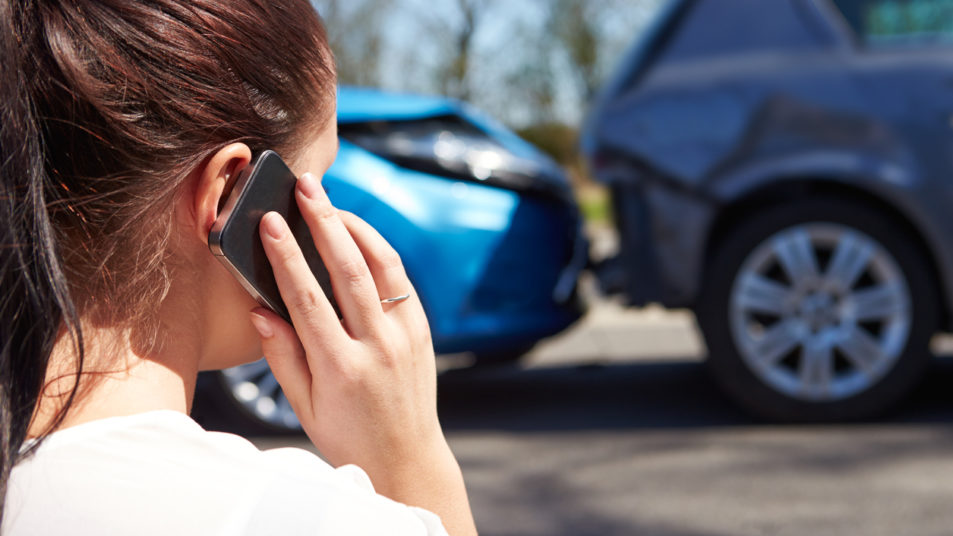When Should I Hire a Personal Injury Lawyer?
If you suffered an accident or injury, you are probably wondering if you should hire a personal injury lawyer. Personal injury lawyers deal with a variety of different practice areas including car accidents, medical malpractice, wrongful death, and slip and falls. They know the laws and can accurately represent you to make sure that you get the compensation that you deserve. It can be difficult to know when in the process you need to hire an attorney.
Here are some tips to make sure you get the representation you need; at the time you need it.
Do You Have a Case?
This is the most important step in making a claim, but it is often the most overlooked. Before you can even file a personal injury claim, you must be able to show that there was an actual injury that was caused by someone else. You must also be able to prove that because of the injury you are entitled to some sort of compensation.
There must also be a way to get compensation. For example, if the person who caused the injury is uninsured, it may be difficult to obtain any sort of monetary payment from them. A personal injury lawyer is trained to look at a set of facts and make sure all of these elements are met. They can also consult with you and determine what type of case you should file and when you should file it.
What Are the Time Limits?
There is a statute of limitations for many injuries in California. This is a time limit that dictates how long you have to file certain personal injury claims. For example, in California, most bodily harm injury claims have a statute of limitations of two years after the injury. This means that you have two years to file a personal injury claim from the date of your injury. You will not be able to file a claim after two years.
Medical malpractice personal injury claims must be filed within three years of the injury. However, you may not discover your injury until years after you had surgery. If this is the case, you are allowed to file a claim up to one year after you discover your injury. Meaning, even if you discover your injury several years after the statute of limitations has passed, you still have one year to make a claim.
Consulting a lawyer to find out what the statute of limitations is for your case is an important step. If you wait too long, you may be barred from any recovery. Lawyers also know of ways to possibly extend the time frame. For example, California allows for tolling. This is a delay or pause of the clock that is running on your time limit. Tolling may be an option if there are circumstances out of your control that make it impossible for you to file your claim before your time runs out.
Do You Have to Deal With Insurance Companies?
If you were injured, you more than likely have to deal with an insurance company. The company will request all records that are related to the accident or injury. This can be a drawn-out process.
For example, if you were injured in a car accident, you may be seriously hurt and in a lot of pain. While you want to recover, the insurance company wants to quickly close your claim. If you miss one document or don’t fill something out completely, your claim may be denied or may take longer than usual. This can be detrimental if you are depending on insurance money to pay medical or car repair bills.
It is important to remember that insurance companies are not lawyers working on your behalf. Their bottom line is to save the company money and to provide you with as little compensation as possible. They may raise your rates even though you are not to blame for the accident. This is where a personal injury lawyer can help you. They can act as your advocate with the company and make sure you are heard and that you get maximum compensation.
What Other Factors are There to Consider?
In California, legally any person can file a personal injury claim without a lawyer. This may be a good option if the injury is minor or insurance is not involved. Be warned though, there will still be a lot of documentation needed and you will still need to provide evidence. If you choose to go this route, a judge will not give you sympathy because you are not an attorney. They will expect you to be as prepared as if you had representation.
It is important to meet with an attorney early in your claim. Usually, a personal injury lawyer will provide a low cost or free consult to hear all of the facts of the case and decide if they can help you. If they take your case, they can help you figure out what type of claim to bring and what the time limits are. They can also help you deal with insurance companies and get the compensation you need to recover.


